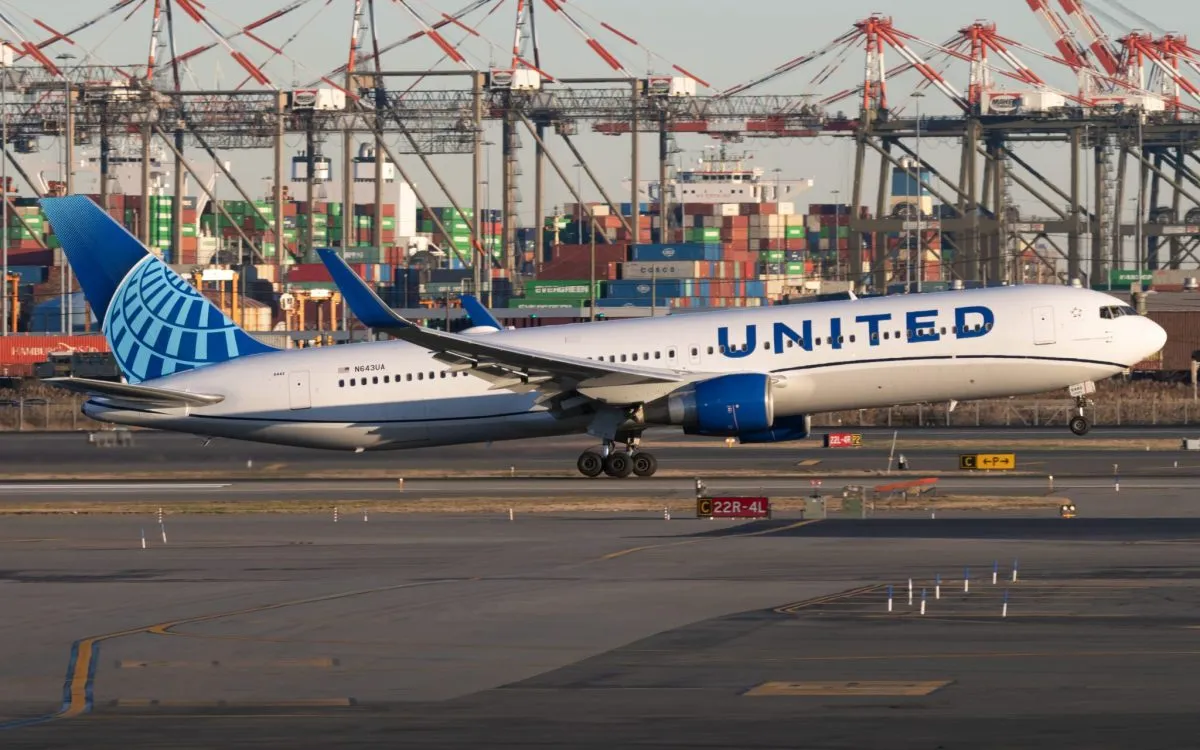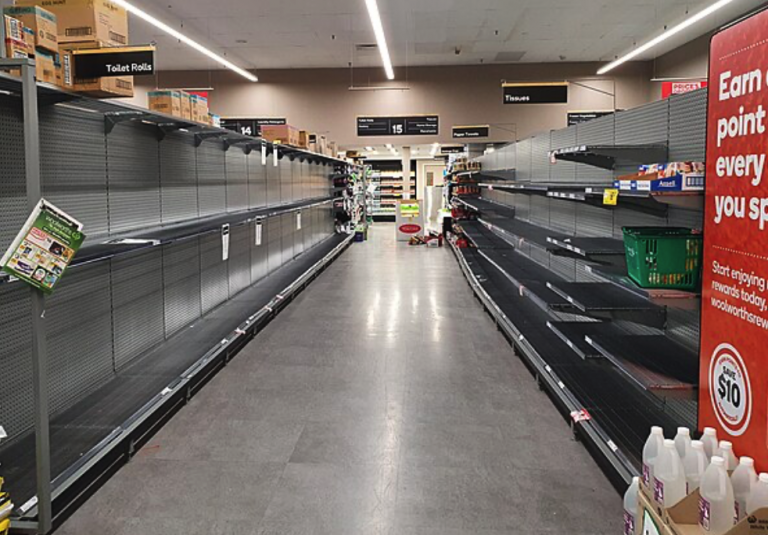Dongguan Factories Feel the Heat of Escalating Trade Wars
DONGGUAN, China (AP) In the bustling industrial heart of Dongguan, China, a factory owned by Hong Kong businessman Danny Lau stands as a testament to years of manufacturing success. Massive aluminum sheets hang in the facility, while workers diligently apply oil coatings to them, a crucial step in the production process. Lau established this factory in mainland China during the 1990s, a time when lower manufacturing costs offered an attractive incentive for businesses. However, the ongoing trade war has presented significant challenges that Lau describes as the "most difficult" he has faced in his decades of operation.
Reflecting on the current state of affairs, Lau remarked, "We didnt expect that our orders would suffer so heavily." His factory, Kam Pin Industrial (HK) Ltd, has weathered economic storms in the past, but the latest round of tariffs has taken a toll. Under President Donald Trumps administration, the factory faced a steep 25% tariff on its products, which was bad enough. Now, as Trump has returned to the White House, the tariffs have skyrocketed to an alarming 145% from the U.S. government, while China has also upped its tariffs to 125%. For Lau, this has effectively resulted in a staggering 75% tariff on his goods.
A significant portion of Laus business relies on American clients, with one third of his customer base hailing from the United States. Amid the turmoil, one U.S. client expressed a commitment to continue purchasing materials for an ongoing project due to the absence of suitable alternative suppliers. However, they cautioned that future sourcing decisions would depend heavily on the evolving trade landscape. Other clients have conveyed their uncertainty about continuing their business relationship with Lau, leading him to conclude that "prospects are grim."
As economic pressures mount, Laus situation mirrors that of many other manufacturers in the region. An aerial view of Kam Pin Industrials factory on April 17, 2025, reveals a landscape marked by both productivity and uncertainty. The scene encapsulates the challenges faced by workers and business owners alike in the current climate.
In a nearby factory, a worker was engrossed in assembling a platform for a virtual reality game machine intended for Zhuoyuan Tech Co., Ltd, another manufacturer in the same district. This factory, located in the Panyu district of Guangzhou, is leveraging the growing demand for virtual reality technology across various markets, especially in Southeast Asia and Latin America. Zou Huajian, the overseas sales manager at Zhuoyuan Tech, shared insights into the shifting business landscape, noting that their company has successfully tapped into new markets after the disruptions caused by the COVID-19 pandemic.
In contrast to Kam Pin Industrials reliance on the U.S. market, Zou revealed that his company has diversified, with less than 10% of their business now coming from the American market. Instead, they have focused on the Asia-Pacific region, with India emerging as one of their largest export markets. Zou commented on cultural similarities that facilitate smoother transactions and foster demand in these regions, stating, "The living standard, views on consumption, and the cultural feelings of these countries are close to those of China."
As the global economy continues to shift, manufacturers like Danny Lau must navigate an increasingly complex terrain. With tariffs and trade wars shaping their operations, the future remains uncertain. Observing the current trends, Lau and his peers are forced to rethink their strategies and seek new avenues for growth, even as they grapple with the realities of an evolving economic landscape.
In conclusion, the challenges posed by the trade wars not only affect individual businesses but also ripple through the broader economy. Both Lau and Zou illustrate the resilience of Chinese manufacturers in adapting to these changes, but the question remains: how long can they withstand the pressures of an unpredictable trade environment?























